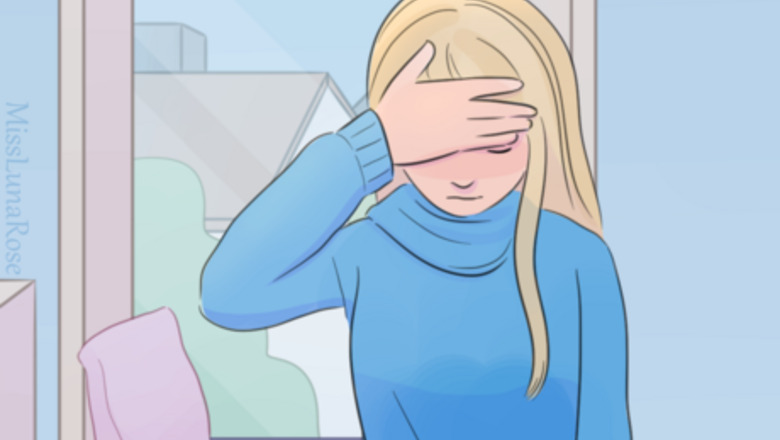
views
Accepting Your Feelings

Accept there is no 'right' or 'wrong' way to deal with this. You may feel numb or in disbelief for some time. You may feel like you should feel sadder. You may feel like you couldn't ever feel sadder than this. You may want to scream and shout. You may want to lock yourself away alone. All of these are normal feelings and it's perfectly okay to feel this way. Do not put pressure on yourself to feel a certain way. You may feel some or all of these at different times: Heartbroken Guilty Angry Numb Nostalgic Bargaining ("If only I had...") Fearful Restless Relief that your sibling is no longer sufferingTip: Don't put pressure on yourself or others to respond a certain way. You may find that feelings come at unexpected times (like feeling numb at a funeral, then sobbing uncontrollably when you can't find your keys). This is normal. It doesn't mean anything specific about you or your love for your sibling.

Recognize normal ways grief can affect people. Coping with loss is more than just being "sad" or "mad." It can affect your energy, focus, daily habits, and more. Here are some things you and your loved ones may experience: Withdrawing from social interaction Low empathy Apathy Sleep problems Changes in appetite Trouble focusing Stress-related aches and pains (stomachaches, headaches, joint pain, etc.) Questioning religious beliefs Occasional, passive thoughts of death (without wanting to harm yourself)
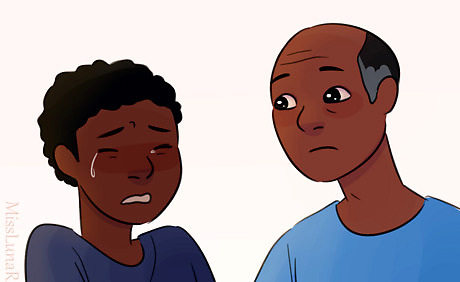
Talk about how you feel. Keep talking about how you are feeling as much as possible. It may not always be easy to put into words but try to explain to others around you how you are feeling. Close friends and family will want to help you as much as possible but won't always know how, so telling them how you feel and how you need them to act around you will help them to figure out how best to help you.
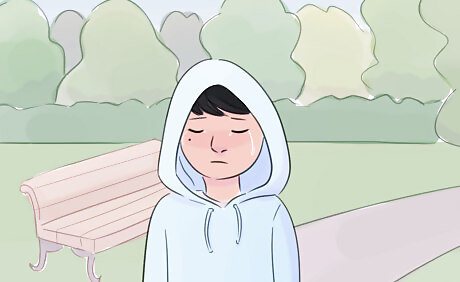
Be aware you may need time to yourself. Whilst it is good to keep talking to others as much as possible, you may also need some time to yourself to process your own thoughts and feelings. This is perfectly fine. You may find that going to a particular place helps you to focus your thoughts—this may be a place that was special to your sibling, your sibling's resting place, a quiet park, or even your own room. You may also find writing down your thoughts and feelings helps you to get things a little more straight in your mind.
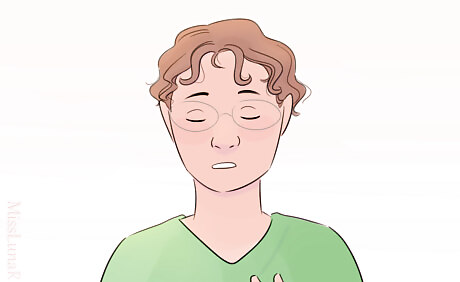
Forgive yourself for not being the perfect sibling. You might find yourself wondering, "Why did I start so many petty fights?" or, "How come I couldn't let go of that grudge?" It's natural to wonder why you didn't make better use of the time you had together after the death of someone close. It's also beneficial to forgive yourself for your all-too-human flaws. Try to remember the good and kind ways you treated your sibling instead of regretting bad ways you treated them.
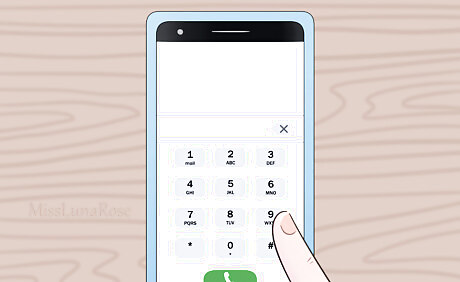
Know the signs you need professional help. Therapy or grief counseling could be helpful regardless of how well you think you're coping. But if any of these things are happening, get in touch with a grief or mental health professional: Abusing pills or alcohol in order to sleep Neglecting your basic needs (e.g. not bathing or eating) Obsessing about or obsessively avoiding reminders of the loss, so much that you're not doing important life tasks Self-destructive behavior Wanting to die Recurring thoughts of hurting yourself Symptoms of mental illness (delusions, hallucinations, panic attacks, etc.)
Practicing Self-Care
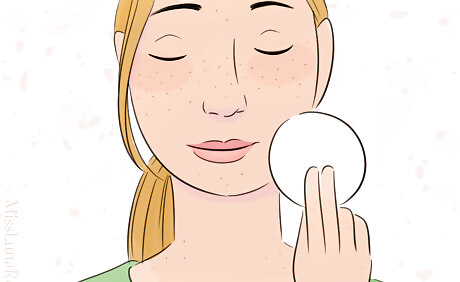
Take good care of yourself. Grieving the loss of a loved one is both emotionally and physically draining. You may lose your appetite, be unable to sleep, or fall into unhealthy habits in the hope of feeling a little better. Because physical and emotional health are intertwined, make time to support both. Concentrate on eating a healthy diet. If you've lost your appetite, try to eat frequent, healthy snacks and drink lots of water. Maintain a consistent sleep schedule and create a welcoming sleep environment to help you get more quality rest. Make time to maintain your previous level of physical activity, or even begin an exercise program that may be beneficial to you. Avoid unhealthy, temporary "fixes" such as excessive alcohol consumption, illicit drug use, self harm, eating unhealthy foods, or engaging in risky behaviors. You'll probably find that talking about your feelings with someone is far more effective.
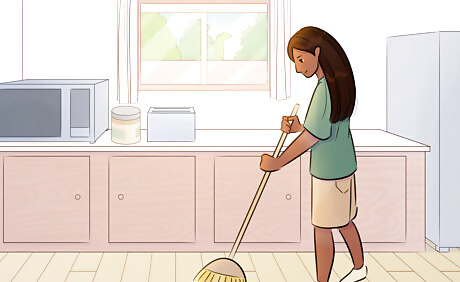
Keep up your routines. You may not feel sure what the point of things is while you're dealing with loss. Do your best to follow your usual routines anyway. It's okay to dislike things from chores to bathing. Do your best to keep up with them anyway, even if you're unhappy the whole time.

Avoid making any major life decisions for a few months. Grief can lead to impulsive decisions that may not be healthy for you in the long run. Now is not the time to spontaneously divorce, buy or sell homes, change jobs, or make other big life choices.
Grieving with Loved Ones

Communicate openly, honestly, and frequently with other family members. Each of you had a unique relationship with the deceased and will deal with grief in your own unique way. Having said that, the deceased's other loved ones are best suited to understand what you're going through as a result of this particular loss. Share your emotions and listen to others compassionately and without judgment. These people are likely just trying to help and may not feel comfortable asking you directly how you are feeling. But always remember that your emotions, and your ways of grieving and coping, are just as valid as anybody else's. Expert Answer Q How do you help someone else deal with a death in the family? Ken Breniman, LCSW, C-IAYT Ken Breniman, LCSW, C-IAYT Grief Therapist Ken Breniman is a Licensed Clinical Social Worker, Certified Yoga Therapist and Thanatologist based in the San Francisco Bay Area. Ken has over 15 years experience of providing clinical support and community workshops utilizing a dynamic combination of traditional psychotherapy and yoga therapy. He specializes in eclectic non-denominational yoga guidance, grief therapy, complex trauma recovery and mindful mortal skills development. He has a MSW from Washington University in St. Louis and an MA Certification in Thanatology from Marian University of Fond du Lac. He became certified with the International Association of Yoga Therapists after completing his 500 training hours at Yoga Tree in San Francisco and Ananda Seva Mission in Santa Rosa, CA. Ken Breniman, LCSW, C-IAYT EXPERT ADVICE Answer from Ken Breniman, LCSW, C-IAYT: The only thing you can do is be there for them. You can't process their feelings for them, and mourning is an extremely personal process. Offer to be with them or talk about whatever they'd like, but don't force yourself into their grieving process. If they want to be alone, let them be. There's only so much you're going to be able to do.
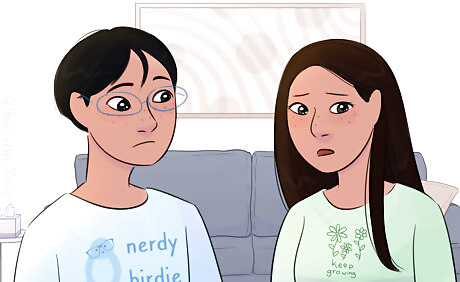
Remember you are not the only person grieving. Other siblings, your parents, cousins, grandparents, friends, aunts and uncles will all be touched by your sibling's death in different ways. Remember this and treat their wishes and emotions with the same respect you want yours to be treated. You may get asked a lot how your parents are coping, and this may seem hurtful and disrespectful if it feels like people are ignoring your feelings over that of your parents. Don't judge your family members for coping differently. Some may cry openly while others act numb or throw themselves into problems they can solve. All this is normal. When someone is upset, you can validate their feelings, offer tissues or a hand to hold, and ask what they need right now. Even just sitting with someone while they cry can mean a lot.
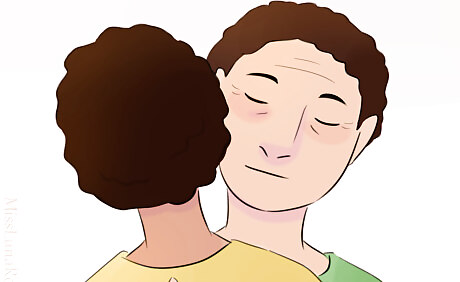
Expect to take turns comforting each other. Your sibling was important to many people. Turn to other people for comfort when needed, and do your best to comfort other people when grief overwhelms them. Don't feel like you need to "stay strong" for your loved ones. Suppressing your feelings isn't healthy for you. It's okay to lean on them for help sometimes.
Going Forward
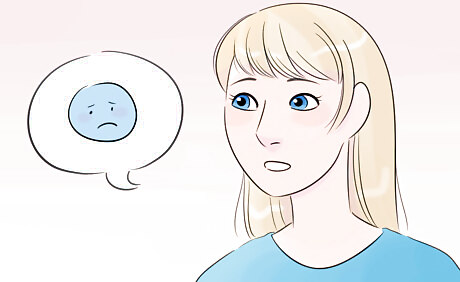
Ask for what you need. People may want to help you but not know how. It's okay to tell them. Be assertive and let them know how they can be there for you. Here are some examples of things you can say: "I don't want to talk about it right now. I just need to get away from it all for an afternoon. Could we go out and do something fun?" "I'm just so upset and I need someone to talk to. Are you available to listen?" "I don't want pity from coworkers or anything, just some understanding if I'm not at my best for a little while." "People at the church have been so kind sending casseroles, but our fridge is overflowing. But if anyone is available, some babysitting or help with chores would be a blessing." "I know we need to clean my brother's room, but I'm struggling. Would you be willing to join me?"

Create mementos or items to celebrate and remember your sibling. This could include getting involved with their funeral arrangements by helping to pick the songs or readings. You may even want to read something out yourself. You may not feel up to contributing to the ceremony much and it may only be later on that you feel you can start remembering your sibling without it seeming too painful. There are lots of ideas for items you can make to help you keep their memory alive; scrapbooks, memory boxes, photo albums, poetry, playlists. The more personal they are, the better they will be for you when you want to spend some time remembering your sibling and the good times you had together. You may also find spending time doing projects with other members of your family can help you cope—even if they're unrelated to your sibling, they can help give you something else to focus on while you're spending time with supportive loved ones. Make a personal memorial of your sibling. This could be a website, blog, scrapbook, or photo album. Any medium that will honor your sibling and keep your late sibling in your heart constantly. Find ways to share their memories and celebrate their life.
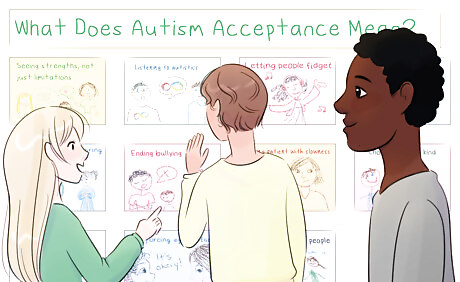
Try doing something to honor your sibling's memory. This can help you feel close and connected to them. Think of something good that would have made your sibling happy. Try doing it in their honor. Here are a few ideas: Do something or go somewhere your sibling always wanted to Finish a project they started Help or donate to a charity that would have meant a lot to them Mark a spot in their honor Make a work of art to dedicate to them
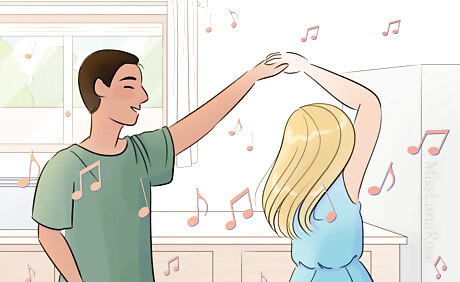
Allow yourself to feel happy again when you're ready. It's okay to enjoy life again, even if your sibling isn't a physical part of it anymore. Most people would want their siblings and other loved ones to have happy moments after their passing.
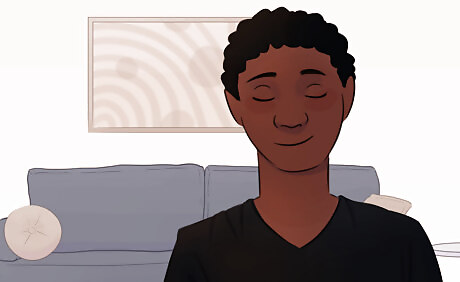
Move towards gratitude for having known your sibling. As you work on coping with the loss, you can eventually focus on the good parts and how lucky you were to have known your sibling. Don't pressure yourself to feel this way while the loss is still new. But as months and years pass, you may be able to start feeling gratitude for having known your sibling.
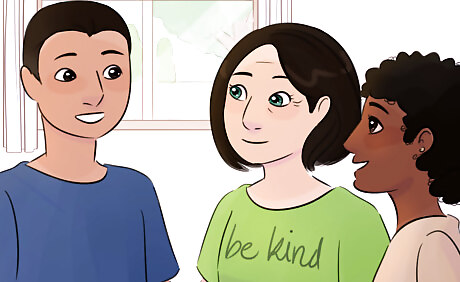
Look for counseling, support groups, or professional help if you'd like. This is a serious event to happen in your life and there is no shame in seeking outside help. There is lots of support out there and many people find comfort in speaking to people outside of their friends and family. From group meetings to one-on-one sessions, telephone lines and internet forums, there are plenty of places to go to if you feel you need to. Your doctor will be able to point in the best direction.




















Comments
0 comment